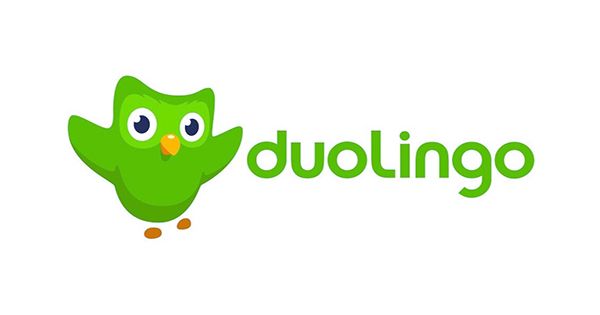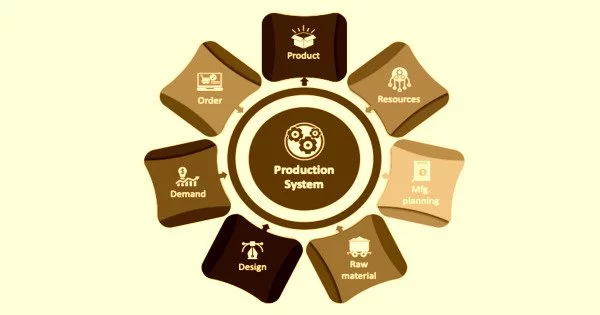The heart of Duolingo is its goal: to scale free education and increase the chances of earning through language learning.
However, the same mission that helped it grow its $2.4 billion business with 500 million registered students has created tensions that continue to define business. How do you survive as a startup if you don’t want to charge users? How do you design a startup that isn’t too hard to lose people but not so easy to compromise with education? How do you balance monetization goals while keeping education a product free? For my first EC-1, I spent months with Duolingo executives, investors and, of course, competitors, answering these few questions.
- Duolingo can’t teach you how to speak a language, but now it wants to try (3,100 words/12 minutes)
- How a bot-fighting test turned into edtech’s most iconic brand, Duolingo (3,300 words/13 minutes)
- The product-led growth behind edtech’s most downloaded app (3,000 words/12 minutes)
- How Duolingo became fluent in monetization (2,800 words/11 minutes)
One of my favorite details of the story that is left on the floor of the cutting room is that of Duolingo co-founder and CEO Luis von Ahn comparing his company to an ellipse. I was pressuring him with the effectiveness of Duolingo and the long-term criticism that it still does not teach a user how to speak a language fluently. “Now, you know there’s a difference between whether you’re doing elliptical or yoga or running, but the most important thing so far is that you’re [on the other hand] moving around a bit,” he said.
What Von Ahn is getting is Duolingo’s biggest value proposition is that it helps inspire people to learn a language, even if it’s a five-minute – or an elliptical exercise – one day. He thinks motivation is harder than learning on your own than do you agree? If you enjoyed my series, be sure to check out the other EC-1S and subscribe to me, this newsletter and the rest of the team to support ExtraCrunch. If you follow @nmasc_ on Twitter I would love it. For the rest of this newsletter, we’ll talk about Tesla, the ethics of going public and number telehealth.















